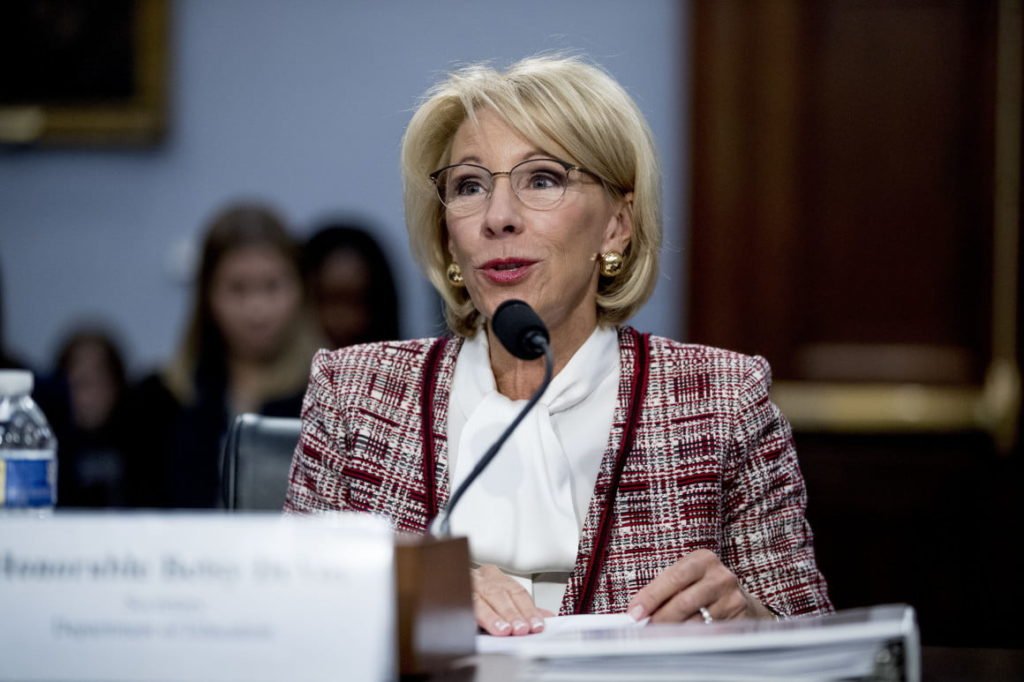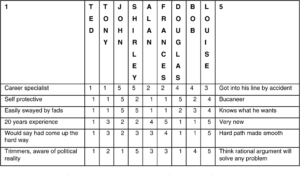DeVos Issues Final Student Borrower Defense Rules

SECRETARY OF EDUCATION Betsy DeVos issued a long-awaited final rule Friday for how student loan borrowers can seek relief if they’ve been cheated by a school, rolling back certain protections for students enrolled in for-profit colleges put in place by the Obama administration.
“I called for this regulatory reset more than two years ago, as it is clear the old rules just weren’t working,” DeVos said in a statement. “We believe the final rule corrects the wrongs of the 2016 rule through common sense and carefully crafted reforms that hold colleges and universities accountable and treat students and taxpayers fairly.”
The new rule would, among other things, allow students to seek repayment regardless of whether their loan is in default and give students a three-year window from either the date of graduation or withdrawal from the programs to file a claim for repayment. It would maintain the current standard of evidence students must meet in order to claim repayment.
But student advocates criticized the rule, which was released at 5pm Friday before a holiday weekend, arguing that the final regulations do little to protect students from the for-profit college sector.
“DeVos continues to bend to the whims of the most abusive schools,” Ben Miller, vice president for postsecondary education at the Center for American Progress, said in a statement. “The changes outlined unfairly increase the burden on borrowers, which will continue the green light for raptorial activity set by this administration.”
The so-called borrower defense rule, enacted during the Obama administration, sought to allow borrowers to seek cancelation of their federal student loans if they were defrauded by their college. There are currently more than 150,000 borrower defense claims pending, many of them from students who attended programs operated by now defunct for-profit chains, like Corinthian, ITT Tech and DeVry.
“If a school cheats students, it must be held accountable,” she said in the statement. “There is no place for fraud in higher education, and it will not be tolerated by this Administration. From the recent college admission scandal and intentional misrepresentations by schools to boost their U.S. News & World Report rankings to fraudulent marketing practices, too many institutions of higher education are falling short.”
Education Department officials estimated the changes, which will go into effect July 1, 2020, will save taxpayers $11.1 billion from 2020-2029.







